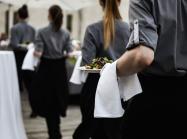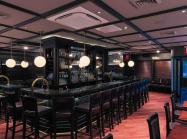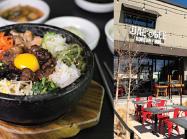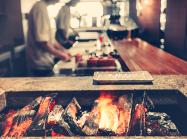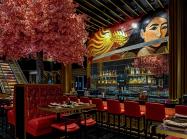He then opened a restaurant called Hazel in Washington, DC which was globally inspired and meat heavy. “And I started to think about what my impact as a chef was,” Rubba says. “A long career of thinking I was doing what was considered best, and finding there’s a lot of waste, that there’s a lot of mistreatment of both the employees in these restaurants as well as the folks who bring the food to you, and I realized the food I was cooking was far from sustainable, and I kind of had this existential thing if I even wanted to cook anymore.”
Rubba’s epiphany was two-fold: not only could he use his voice and public platform to push for positive change in the industry, but he could model a different way of doing things by building a sustainable restaurant from the ground up. “I might as well use what soapbox I do have to stand on and try to flip the script and push a better world for restaurants, whether that just be with the food when we talk sustainability or the way we ourselves operate and the way we treat our staff and the room we give them to grow,” he says.
His awakening led to opening Oyster Oyster in June 2021, a “dining experience for the future” that relies on seasonal and local produce for its tasting menu, and ingredients that are sourced from individuals who believe in organic and regenerative farming practices. In addition to minimizing food waste and carbon footprint, Rubba and his business partner, sommelier/restateur Max Kuller, believed they could make Oyster Oyster a one-of-a-kind experience in the Mid-Atlantic region. (The name refers to the essential role oysters have played in their local ecosystem along the Chesapeake Bay, and how one oyster can filter up to 50 gallons of water a day.)
Early sketches of the menu had to constantly be revised. Avocados and citrus fruits aren’t found in any dishes, since it’s hard to grow those at scale in the DC area. That also meant no olive oil. “It was more like sculpting. We were just taking away until we got to what a sustainable restaurant in the Mid-Atlantic would be,” Rubba explains. “And we gave up a lot of things that I was used to in my repertoire, years of cooking sous vide—we no longer use plastic bags to cook in, we don’t use cling film, so eliminating all of that slowly.”
The space also reflects Rubba’s sustainable values. Selecting green materials, LED lighting, and equipment all serve the purpose of lowering energy and resource use. Plus, a strict "zero single-use plastics" policy and watering plants with leftover bottles of Washington, DC's finest H2O (no Fiji water). Living plants adorn the restaurant, filtering the air and bringing life inside. A creative menu that tastes as good as it looks has the world paying attention—and taking notes. Oyster Oyster received a Michelin Star in 2022, and Rubba was awarded the big prize at the James Beard Award ceremony in June: ‘Outstanding Chef,’ an honor in a national category.
“We built something that was not only more sustainable for the environment, but for myself to not burn out in,” he adds. “We built something that was holistic for both myself and the staff, which is really beautiful.”
To learn more, listen to the full podcast episode below.

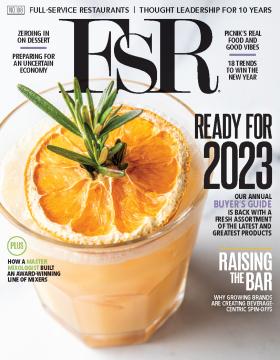
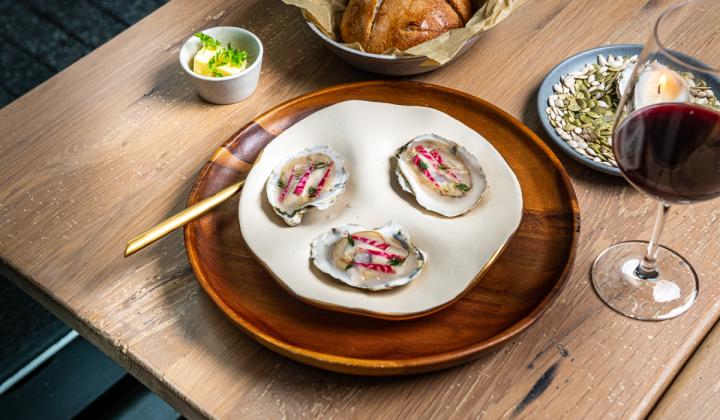
1e14.jpg?itok=orTwoLcO)



